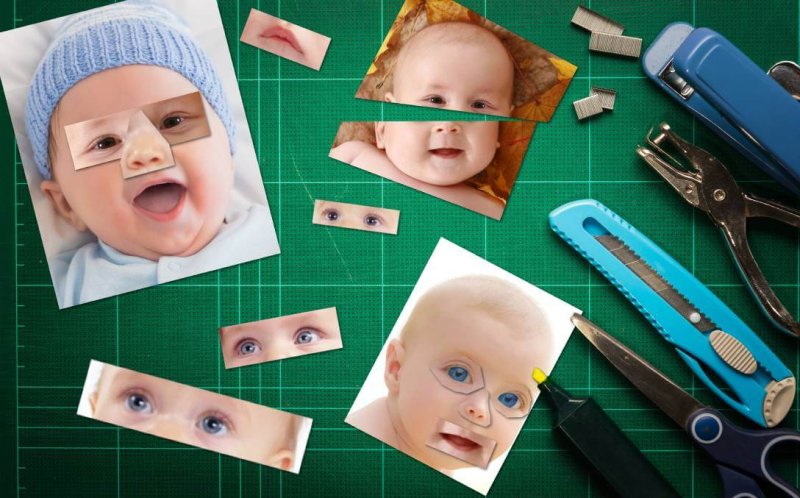September [2018] saw the announcement from scientists of the first manufacture of human egg cells in the lab.
…
Despite the apparent breakthrough, it will be years yet before lab-created sex cells are ready for use in human reproduction. But the development nonetheless raises the question of whether it is a milestone on the road toward … a world of cloning, designer babies, and children with four genetic parents. …
A century after the heyday of eugenics, morally obtuse advocates for human enhancement, along with a collection of libertarians and assorted cranks, continue to hold out hope for its return in a redeemed form, one that is voluntary and medical rather than state-controlled and racist.
…
[T]here has been plenty of ethical commentary on the implications of stem cell–derived gametes over the past ten years. But looking at how ethicists have in fact reflected on the use of stem cell–derived gametes, we can see some of the recurring themes in discussions of reproductive technology: schemes for human enhancement that are plainly influenced by the old-line eugenics movement, updated versions of eugenics as an ideology of parental choice and technocratic management, and contrarian defenses of morally repugnant reproductive arrangements in the name of autonomy.Read full, original post: While Bioethics Fiddles































